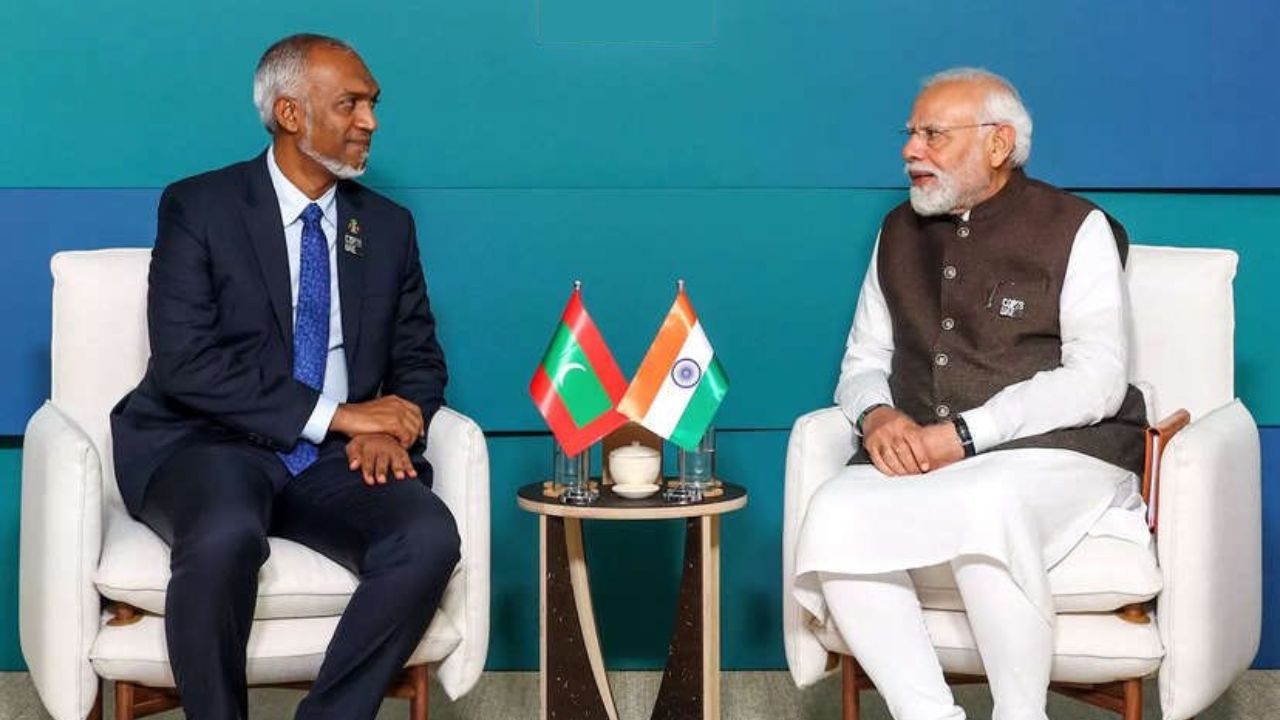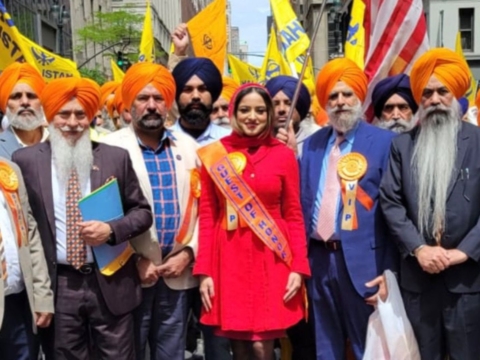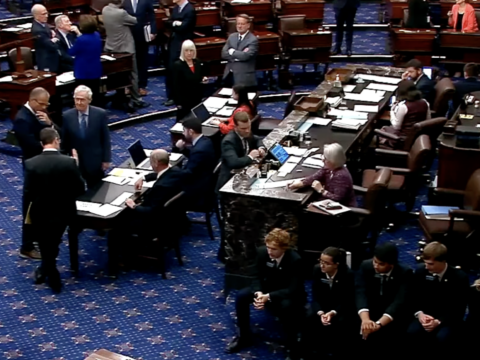MALE, Maldives (Diya TV) — In a recent development, the Maldives government has issued a directive for all Indian military personnel to leave the country by March 15. President Mohamed Muizzu, who returned from a visit to China, emphasized the urgency of this move during discussions with Indian officials and embassy representatives.
The demand follows a social media spat that erupted when Indian Prime Minister Narendra Modi posted images of himself in Lakshadweep, triggering negative responses from three Maldives deputy ministers. The incident led to calls for boycotting Maldives tourism in India.
Muizzu, addressing concerns over his country’s size, asserted that it should not be a pretext for bullying. While suspending the deputy ministers, he announced plans to reduce the Maldives’ reliance on India, including diversifying healthcare destinations and importing staples and medicines from alternative sources.
Notably, Muizzu highlighted the intent to shift to hospitals in Thailand and the UAE and import staples from Turkey. He emphasized importing medicines directly from European and U.S. manufacturers. India, which contributed 11% of Maldives’ tourism last year, faces competition from China in influencing the strategically located archipelago.
Approximately 75 Indian military personnel are stationed in the Maldives, and Muizzu, known for a pro-China stance, campaigned on the promise to remove them. The strained bilateral ties further escalated as the Maldives officially requested the withdrawal of Indian troops by March 15.
The meeting between the two sides, held in the Maldivian capital, addressed various bilateral cooperation issues. The demand for troop withdrawal aligns with Muizzu’s election pledge to reduce Indian influence in the region. India’s foreign ministry, while acknowledging discussions on bilateral matters, remains silent on the timeline for troop withdrawal.
The diplomatic row coincided with Muizzu’s visit to China, where the relationship was elevated to a comprehensive strategic cooperative partnership. The Maldives, indebted to China, may see increased investments from the Asian giant.
Muizzu’s strong stance, perceived as a shift from India-centric foreign policy, received mixed reactions. Analysts warn that such public comments implicating the closest bilateral partner could harm India-Maldives relations irreversibly. Muizzu’s plans to reduce dependency on India for essential imports face skepticism among some Maldivians.
As the situation unfolds, the call for Indian military withdrawal heightens uncertainties in the delicate relationship between the Maldives and India. The evolving dynamics may shape the geopolitical landscape in the strategically significant Indian Ocean archipelago.




